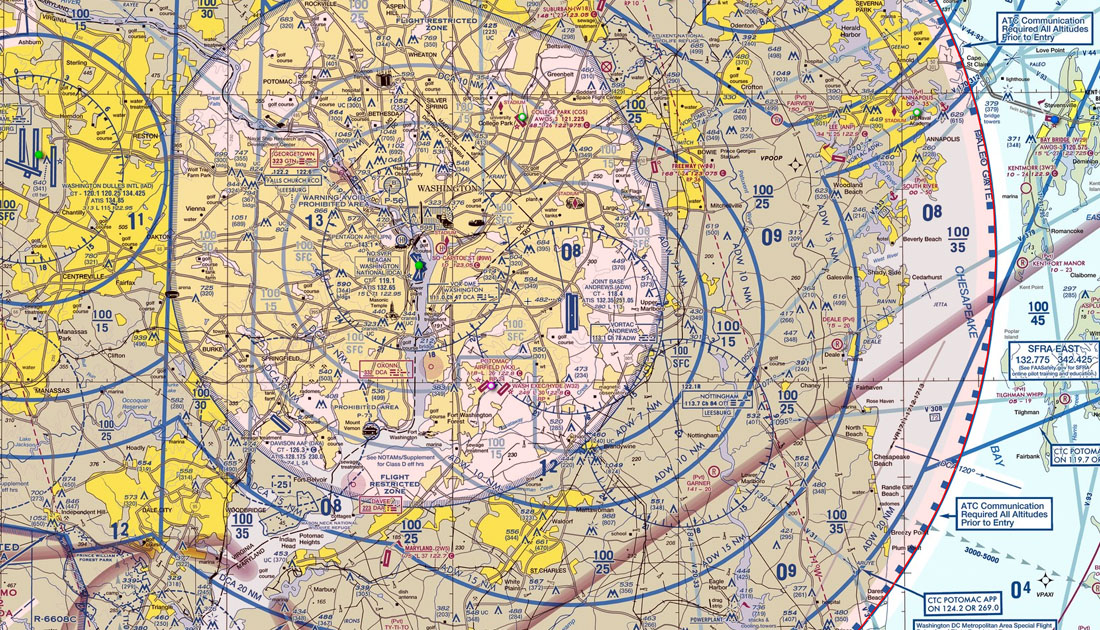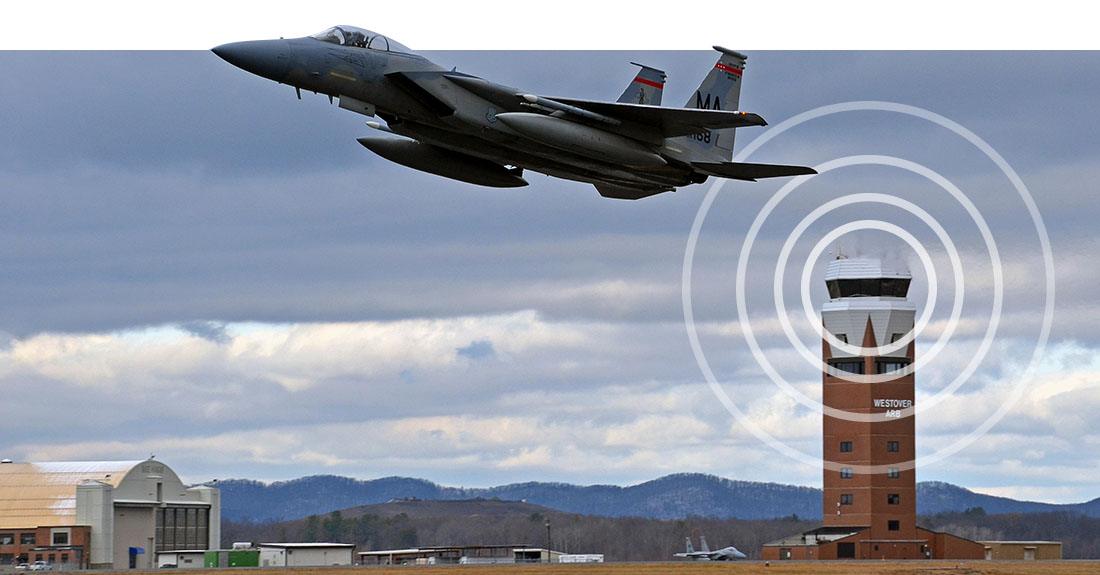SERA is a ready-to-deploy and field-proven interactive ATC solution ideal for the APT GBTS program.
Solution Features
Reduced IOS Workload through Automation
- Automated ATC responds to pilot voice transmissions.
- ATC-initiated transmissions issue instructions to own-ship and other simulated aircraft.
- Navigational data up-to-date and can accommodate USAF DAFIF data for administrative purposes (3.3.5.3.22).
- ATC-issued realistic Standard Instrument Departure (SID) and Standard Arrival Route (STAR) clearances exist for all Main Operating Bases, Specific Airfields and Generic Airfields, as defined in Appendix B.
- Intuitive, web-based IOS airfield selection (3.3.5.3.38).
- An included API enables a complete system-of-systems integration into the simulator.
- Synthetic ground controllers issue taxi instructions to and from active runways.
Simulated Traffic
- SERA-generated traffic realistically aviates, navigates, and communicates in shared airport and airspace environments.
- T-X pilots learn important cues by correlating audible radio traffic appropriate to the tuned frequency and location with visual ground, landing, and departing aircraft.
- SERA integrates with the simulator image generation (IG) system, ensuring external aircraft are correct in appearance, location, direction, etc.
- Traffic density aligns with current worldwide airline flight timetables, and instructors can adjust them to include general aviation and military entities based upon typical airbase traffic.
- IOS injects simulated controllers, each with its own voice and radio calls (3.3.5.3.11), yet the instructor can override automated ATC through IOS radio transmission.
- All civilian (e.g., visual, ILS, VOR/DME) and military (e.g., high/low key) approaches are available for the own-ship, multi-ship, and other simulated aircraft.
- Single ship and multi-ship flight formation support provide "Stand-alone/non-networked and networked/linked training virtual ATC" (3.3.5.1.6).
- Multiple TCAS profiles provided by the IOS (3.3.5.3.44).
- Touch-and-go landings (3.4.4.20).

Speech Recognition and Synthetic Speech
- SERA accommodates both FAA and ICAO standard phraseology, including extended ATC terms for USAF-specific maneuvers and base operations.
- SERA adjusts dozens of high-quality synthetic voices in diverse accents by pitch and delivery speed, giving each simulated entity a unique voice.
- Radio transmissions include background effects relevant to the speaker's location (e.g., inside a helicopter, piloting a jet, standing in a control tower, etc.).
- SERA's world-class ATC speech recognition engine understands and transcribes a variety of accents in noisy environments, and generates automated responses.
Additional Features
- Customers can choose from various Information Assurance (IA) options and incorporate them into the trainer's accreditation boundary. ASTi's IA options relieve technical staff from difficult, time-consuming IA chores and ensure Risk Management Framework (RMF) compliance.
- SERA is fully compatible with ASTi's Telestra system and integrates seamlessly with pilot and IOS communications and aural cue environment.
- SERA Pilot Phraseology Trainer teaches pilot communication skills before trainees step into the cockpit or as part of concurrency training. These real-time ATC interactions engage the student while building listening and speaking skills within a realistic aviation context. Performance feedback guides students toward proper phraseology and pronunciations.
For additional information on all of our products and solutions covering the complete suite of communications, aural cue, virtual ATC, RMF, and interactive multimedia instruction (IMI)/learning management system (LMS) courseware requirements of the APT GBTS program, see ASTi's individual product brochures for Telestra, Information Assurance, SERA, and the SERA Pilot Phraseology Trainer.
